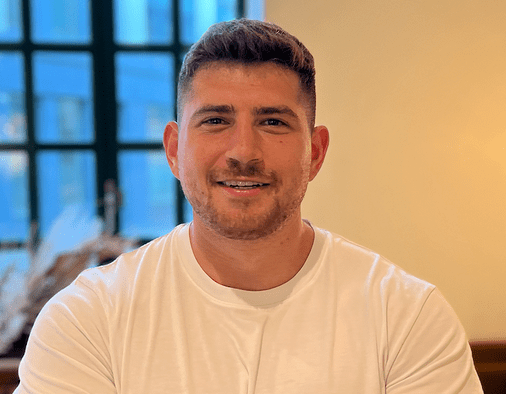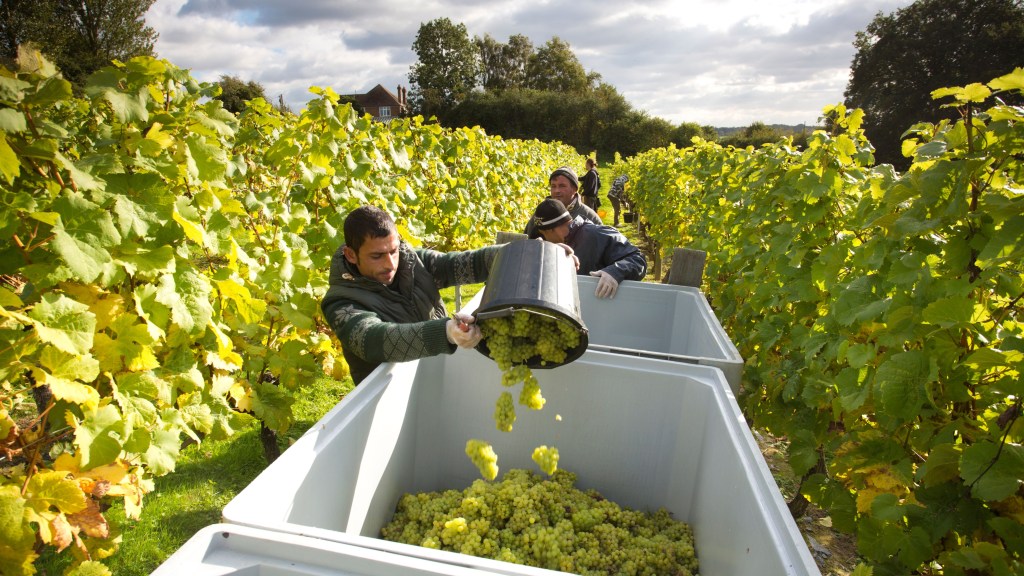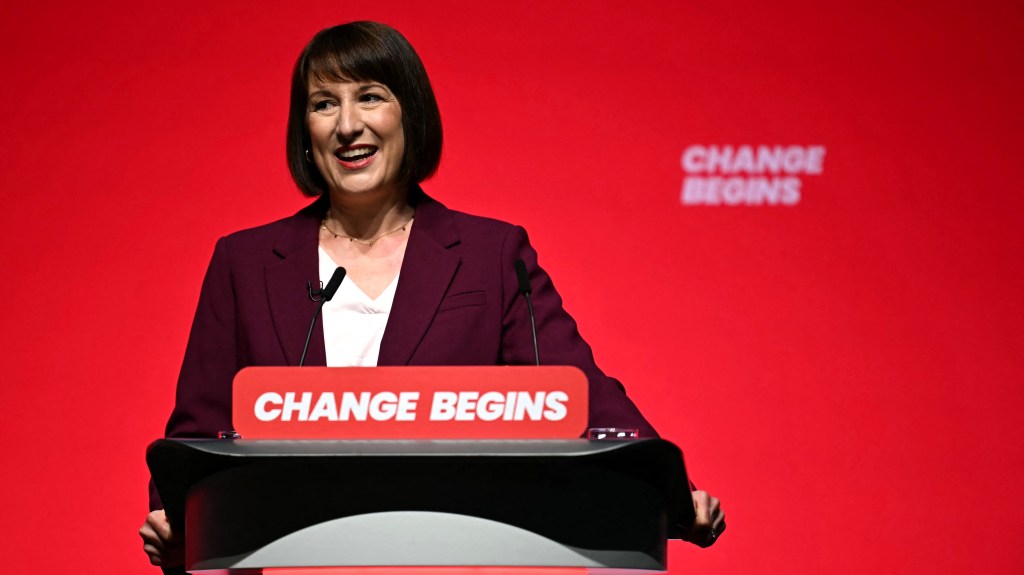Misfits Achieving Success in US Market with Pivot to Chocolate Bars
Henry Sether and his business partner were on the brink of closing their protein supplements company, Misfits, when they decided to shift their focus to chocolate bars. Previously, they had been selling protein powders with slow growth.
“We have big ambitions and we weren’t that interested in a lifestyle business, doing sales of £1 million or £2 million, with maybe 10 per cent profit, which is what that was heading towards,” said Sether, 32.
Inspired by the success of Grenade, a protein bar company founded in 2010 and sold to Mondelez for £200 million in 2021, Sether aimed to create a chocolate-flavoured protein bar.
Launched in January 2020, the product gained traction among health-conscious young consumers, and Misfits is projected to achieve £15 million in sales this year.
“We thought, how can we build something sustainable? Something plant-based, high-protein, low-sugar that isn’t strictly for gym-goers, like Grenade. Grenade is a phenomenal business but serves a different market. We wanted to position ourselves as more of an everyday confectionery brand,” Sether said.
Misfits is part of a growing trend of “functional” brands boosting consumer protein intake.
Sether emphasizes that it’s a misconception that only weightlifters need more protein. “Everyone needs protein. Evidence shows protein keeps you fuller for longer, and the recommended amount is about one and a half to two grams per kilogram of body weight, depending on lifestyle,” he explained. A Misfits chocolate bar contains the protein equivalent of “two eggs.”

Both consumers and investors are on board; Misfits has raised £12 million in venture capital and, in 2021, launched in the US, now its largest market with 80% of sales.
“In the US, growth can be exponential. You can go from zero to $10 million to $30 million to $100 million if the product is well-received,” said Sether.
The challenge has been finding a manufacturer with matching ambitions. After an 18-month search, Sether secured a new factory capable of scaling up to £200 million in annual sales, with a crucial site in the US.
Sether aims to mitigate rising manufacturing costs without passing them on to customers. “UK consumers are very price-sensitive. There’s more flexibility in the US, but even there, no one will buy a $5 chocolate bar,” he said.
“By partnering with a larger factory with better negotiating power in the supply chain, we can secure our pricing in a turbulent market,” Sether noted.
Originally an online brand focusing on Amazon, Misfits has shifted strategy. US growth has been driven by sales in physical stores, with Misfits bars now available in about 1,100 locations, including Whole Foods, Trader Joe’s, and regional coffee chains like Gregorys and Blank Street.
Not deterred by other UK businesses’ failures in the US, Sether sees significant potential. “The UK is a tough market with less shelf space and fewer consumers. If we’re going to build a brand, we might as well do it in a larger market,” said Sether, who recently visited seven US states in three months.
Sether plans to relocate a team member to New York soon and may follow. “It’s on the cards but it depends on my wife,” he laughed.




Post Comment